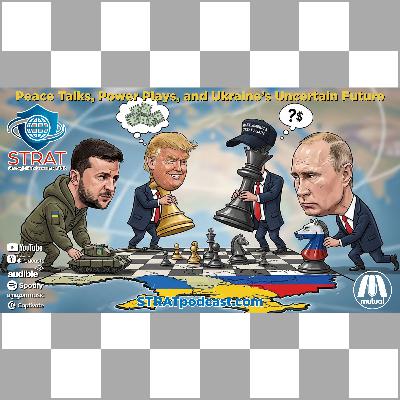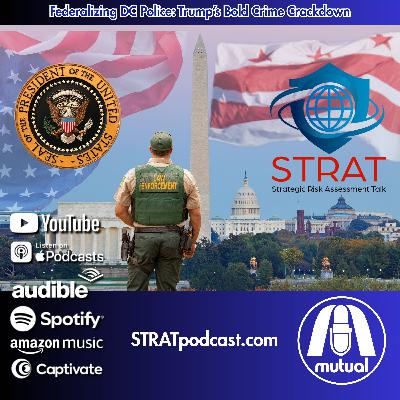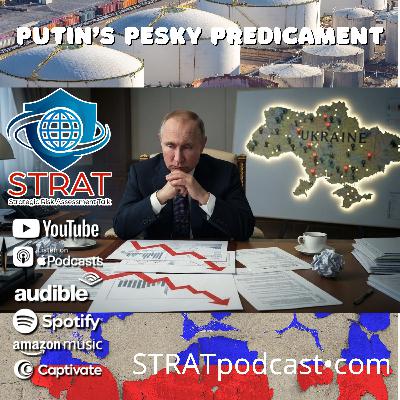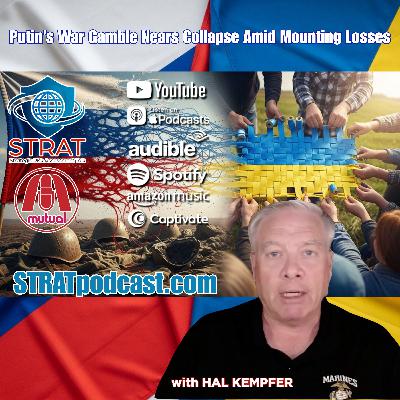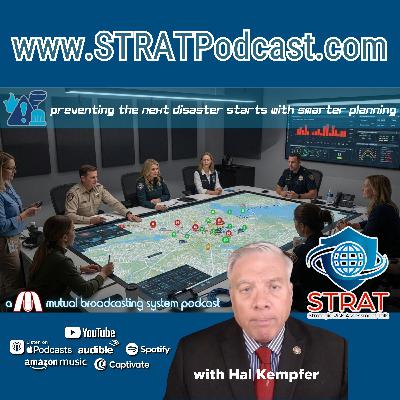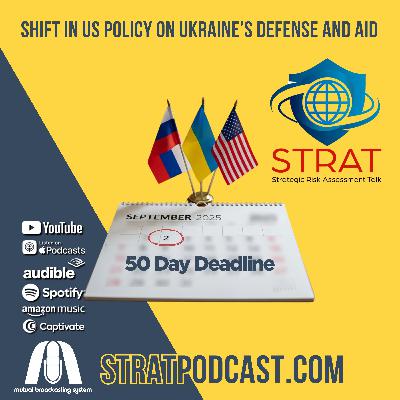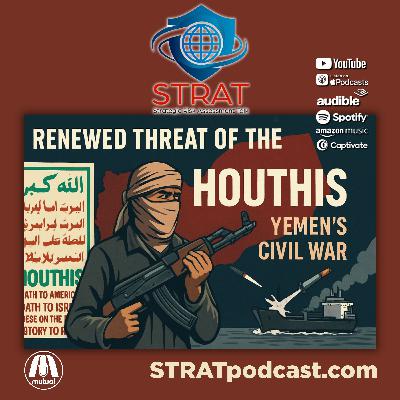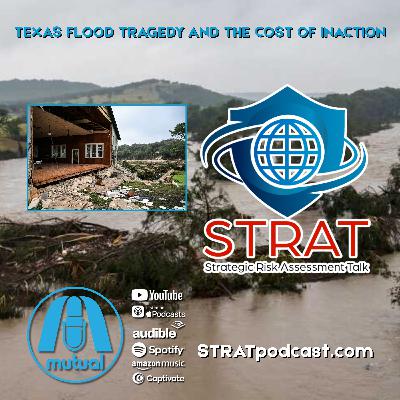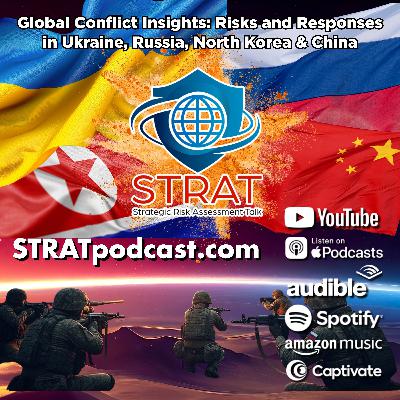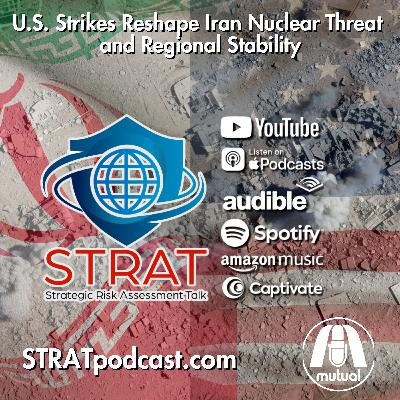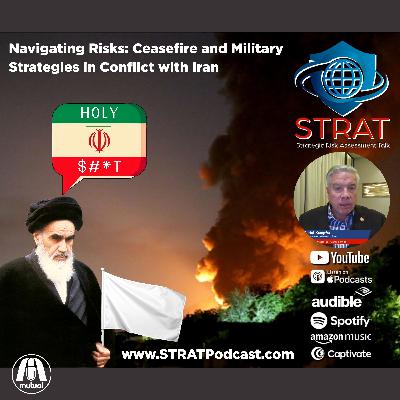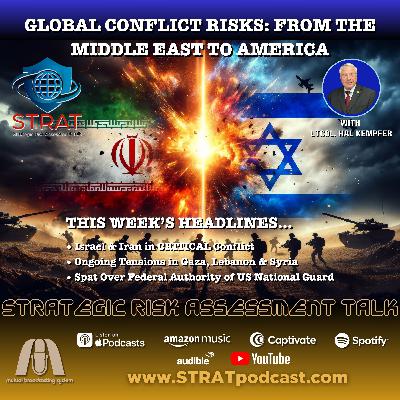STRAT - Strategic Risk Assessment Talk: Global Threats and a World of Wars
Description
Strategic Risk Assessment Talk delves into the complex geopolitical landscape, focusing on the evolving situation in Ukraine as North Korean troops are reported to be aiding Russian forces. Host Hal Kempfer, a retired Marine intelligence officer, provides a deep analysis of the implications of North Korea's involvement, including the potential impact on regional stability and the dynamics of the ongoing conflict. Kempfer highlights the psychological and operational characteristics of North Korean troops, particularly the indoctrination they undergo which may influence their performance in combat.
The episode also touches on the broader geopolitical ramifications, such as the response from South Korea and the potential shifts in military aid dynamics as the war progresses. As North Korea sends thousands of troops into the fray, the strategic chessboard in Europe becomes increasingly intricate, requiring careful monitoring and response from global powers. Kempfer's insights serve as a clarion call for understanding the multifaceted risks emerging from this development, emphasizing the need for a nuanced approach to international relations and conflict resolution.
Kempfer also explores the recent U.S. military actions against Houthi positions in Yemen, where B2 bombers were deployed to conduct precision strikes on deeply buried targets. Hal Kempfer discusses the significance of these military operations, not only in terms of their immediate objectives but also in light of their messaging to regional actors, particularly Iran and Hezbollah. The use of advanced stealth technology signals a commitment to maintaining strategic superiority and deterrence capabilities in the Middle East. Kempfer contextualizes these actions within the broader framework of U.S. foreign policy, examining how they fit into the ongoing tensions with Iran and the potential for escalation in the region. The discussion also reflects on the implications for U.S. allies and adversaries alike, reinforcing the idea that military readiness and capability remain critical components of international diplomacy.
The podcast concludes with a compelling analysis of the power shifts within Hamas following the death of its leader, Yahya Sinwar. Hal Kempfer outlines the immediate challenges Hamas faces in maintaining cohesion and effectiveness amidst significant losses in Gaza. The leadership vacuum left by Sinwar raises questions about the future direction of the organization, the potential for a ceasefire, and the implications for Israeli-Palestinian relations. Kempfer emphasizes the complexities of succession and the influence of external actors, such as Qatar and the UAE, in shaping the post-war landscape. He also considers the potential for a unified Palestinian front and the impact of international diplomatic efforts on the ground situation. The episode underscores the intricate interplay of local and international factors that define the current state of affairs in the region, highlighting the necessity for informed strategic assessments in navigating these turbulent waters.
Takeaways:
- Hal Kempfer discusses the implications of North Korean troops being sent to assist Russia in Ukraine, highlighting the potential consequences for the conflict.
- The U.S. has imposed sanctions on Chinese companies supplying military drones to Russia, indicating escalating tensions in the geopolitical landscape.
- The recent deployment of B2 bombers against Houthi positions in Yemen demonstrates the U.S.'s commitment to maintaining military capabilities in the region.
- The death of Hamas leader Yahya Sinwar raises questions about the future leadership and strategy of Hamas amid ongoing conflict with Israel.
- Kempfer suggests that the involvement of North Korean forces in Ukraine might compel South Korea to reconsider its policy on arms to Ukraine.
- The podcast emphasizes the importance of deeper analysis beyond mainstream headlines to understand complex global risks.




